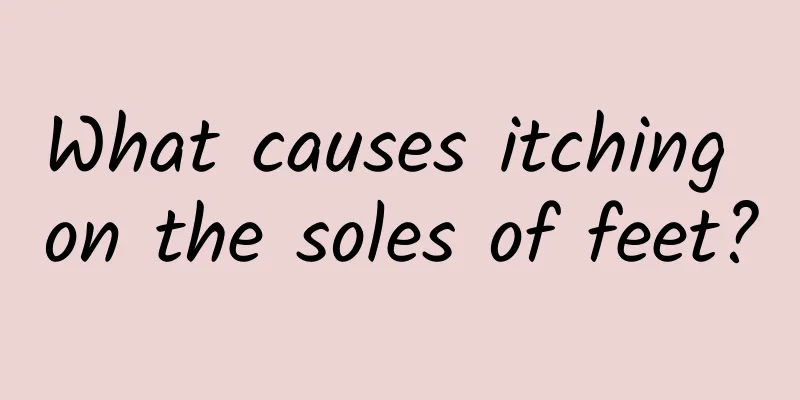Pain under big toe

|
Pain under the big toe is generally caused by joint degeneration and other reasons. Therefore, if you find this symptom, you need to go to the hospital for examination as soon as possible, and then receive treatment after finding out the cause. Otherwise, the longer you delay, the more serious the condition will become, and the more pain it will cause to the human body. Here we will introduce to you the causes, treatments and prevention methods of pain under the big toe! 1. Pathology Anything that impedes the movement of the first metatarsophalangeal joint will lead to joint degeneration. Fallen arches (overpronation or flat feet) are a major cause. The collapsed arch causes the pressure of the foot to be concentrated on the inner big toe, and at the same time causes the plantar fascia to be over-tightened; the plantar fascia is connected to the bottom of the big toe, and the tension makes the big toe unable to flex normally, leading to joint degeneration. In addition, the pressure from the inside pushes the big toe towards the second toe, which eventually develops into hallux valgus. 2. Treatment Methods Treatment depends on the severity of the hallux valgus. Generally speaking, hallux valgus can be divided into four stages: Phase 1: The recoverable phase. If the angle of hallux valgus is less than 15 degrees, reducing aggravating factors (such as fallen arches, high heels, etc.), and then combining it with stretching exercises, can control or even improve the angle of hallux valgus. Stage 2: The irreversible stage. Controlling aggravating factors and cooperating with stretching exercises can prevent further deterioration, but the angle of hallux valgus cannot be restored. Stage 3: Deterioration stage. X-rays will show the displacement of the sesamoid bones. Since the angle of activity of the plantar muscles changes after sesamoid displacement, muscle activity will worsen hallux valgus even if all aggravating factors are controlled. However, using insoles, avoiding high heels, and doing stretching exercises can still slow down the progression of the disease. Stage 4: The final stage. The big toe will overlap under the second toe (in some cases, above). The functions of the big toe and the second toe are damaged at the same time, causing pain in a large area of the forefoot. Surgical reduction is the only treatment that can be considered. Surgery can usually restore the function of the big toe. However, surgery cannot improve previous aggravating factors (such as fallen arches) at the same time, so after surgery, doctors will also recommend patients to use insoles or avoid wearing inappropriate shoes.
3. Prevention methods 1. Wear appropriate shoes, with the heel height preferably below 2.5cm. 2. Core muscle training. 3. Mechanical correction insoles can fully support the sunken arch of the foot, maintain the normal movement of the first metatarsophalangeal joint, and reduce the chance of pressure and valgus of the big toe. |
<<: Toe peeling does not itch, only peeling
Recommend
How is bronchitis treated?
Bronchitis is a common respiratory disease in dai...
Pepsinogen
In biology class, we often hear biology teachers ...
7 ways to open up meridians in traditional Chinese medicine
Traditional Chinese medicine emphasizes "Qi,...
Hemorrhoids always want to defecate
Hemorrhoids are actually a very common disease. P...
TCM treatment of chronic pharyngitis, TCM symptomatic treatment of pharyngitis
Chronic pharyngitis is a common throat disease. W...
Panax notoginseng, American ginseng and dendrobium powder taboo
Huoshan Dendrobium Officinale and Korean ginseng ...
Can pregnant women eat pineapple in the early stage
Pregnant women are a very special group. They sho...
How to Treat Lupus Kidney Disease
The treatment of lupus nephropathy has always bee...
If I get thinner and thinner during pregnancy, is it a boy or a girl?
Pregnancy is a happy thing for women, but due to ...
How to treat internal hemorrhoids
Hemorrhoids are a very common anorectal disease i...
Difference Between Rhinitis and Sinusitis
Rhinitis and sinusitis are two common diseases. M...
Causes of white madness
Vitiligo is a skin disease that mainly occurs on ...
What makes up a man's sperm?
Sperm in the male body and eggs in the female bod...
Yellow liquid secretion from the glans penis
Generally speaking, the glans should be clean and...
Magnetic resonance imaging
Magnetic resonance imaging is a revolution in the...









